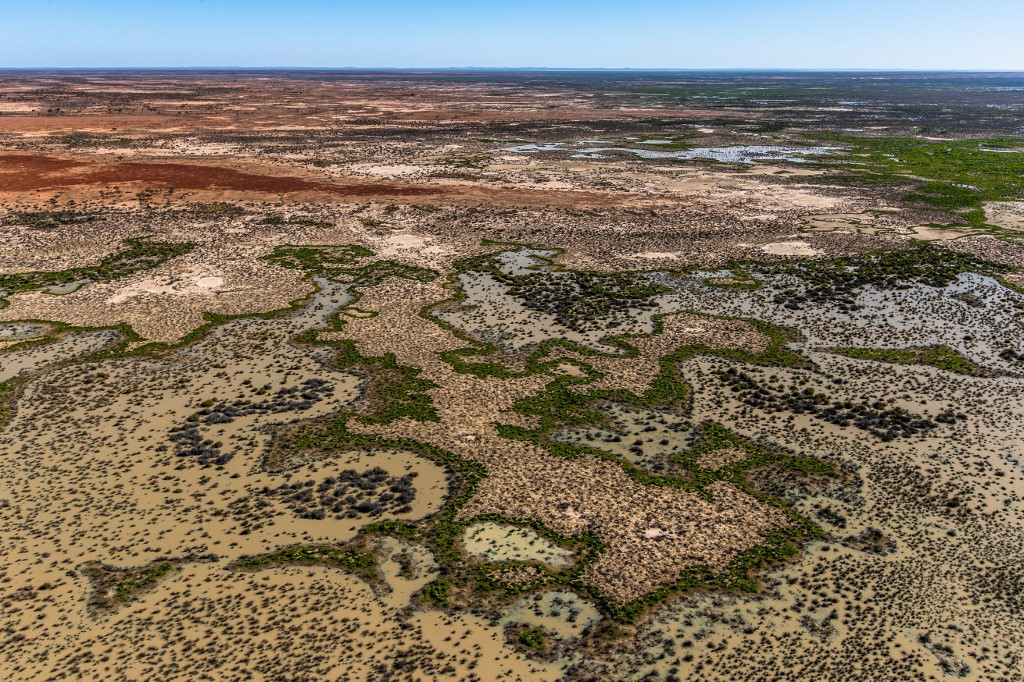Popular Reads
Top Results
Can't find what you're looking for?
View all search resultsPopular Reads
Top Results
Can't find what you're looking for?
View all search resultsAustralian outback station turned into national park
A slice of the Australian outback almost the size of greater London will be turned into a national park to help protect threatened species, in a move welcomed by green groups.
Change text size
Gift Premium Articles
to Anyone
A
slice of the Australian outback almost the size of greater London will be turned into a national park to help protect threatened species, authorities said Saturday, in a move welcomed by green groups.
Narriearra Station, a 1,534-square kilometer property in northwest New South Wales, is the biggest purchase of private land for national parks ever made by the state government, Environment Minister Matt Kean said.
It stretches across floodplains, wetlands and landscapes "currently not found anywhere in NSW national parks", he added.
Kean did not disclose the price tag for the property.
"Narriearra is an important refuge for threatened wildlife, with more than 25 threatened animal species, including nearly 90 percent of NSW's critical habitat and breeding areas for the nationally endangered Grey Grasswren," said Kean.
Indigenous artefacts, tools and stone arrangements are also found across the property and the local Aboriginal Land Council has been invited to suggest a name for the park, he added.
Read also: Koalas may be extinct in Australia's New South Wales by 2050
The World Wildlife Fund (WWF) welcomed the new park.
"This new National Park is an example of the ambitious action required to slow and reverse the biodiversity extinction crisis," WWF Australia's Stuart Blanch said, but added NSW needed to do more.
Blanch also called on the government to employ people from the local indigenous community to help protect important sites and manage the land.
Conservation organisation Pew Charitable Trusts also hailed the move.
"The Outback landscapes in western New South Wales have not been highly protected and the scale of this historic purchase is exciting," the group's Australian director Barry Traill said.











